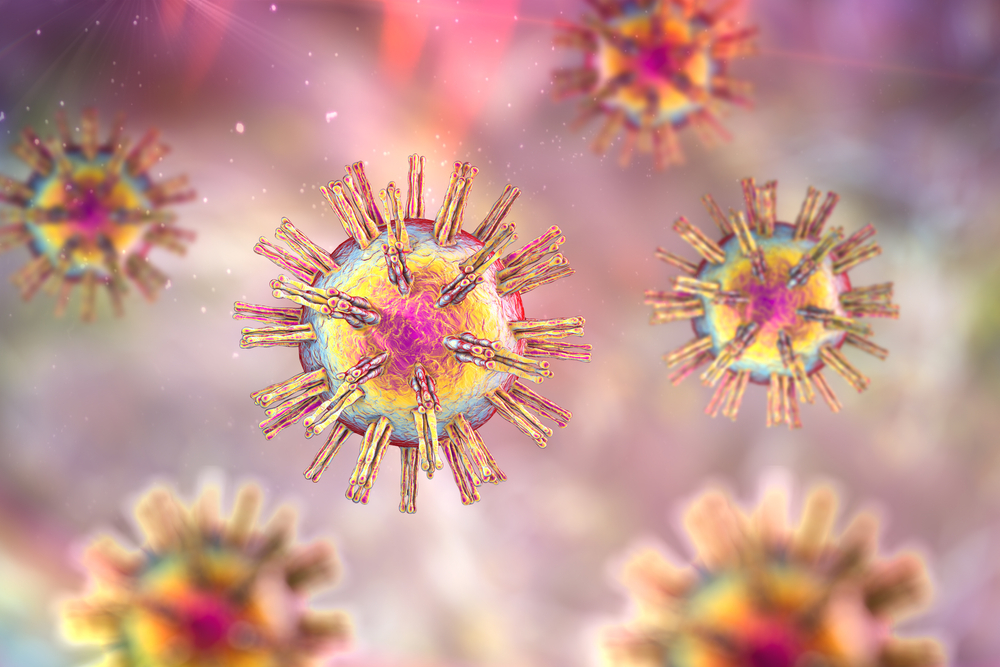Today is #WorldCancerDay! We'll be tweeting throughout the day to highlight the role that our National Cancer Registration and Analysis Service (#NCRAS) plays in using data to improve cancer care. Find out more: bit.ly/2uhdJf1 

NCRAS holds the richest and largest collection of data on cancer in the world. This data is used to improve the diagnosis and treatment of cancer in the NHS. Watch this video to find out more: vimeo.com/264132013
#WorldCancerDay
#WorldCancerDay
“Data is becoming more and more vital in the fight against disease and cancer is no exception”.
#NCRAS share examples of how they're using data to fight cancer in this new blog: bit.ly/2uhdJf1
#WorldCancerDay
#NCRAS share examples of how they're using data to fight cancer in this new blog: bit.ly/2uhdJf1
#WorldCancerDay
Over the last 6 months, #NCRAS has developed a series of Cancer Data Stories that explain how data is being used to improve cancer care. Read them here: bit.ly/2GRnEdX
#WorldCancerDay
#WorldCancerDay
Our NCRAS patient data is being used to identify women at increased risk of breast cancer and make sure they are offered extra screening. Read more here: bit.ly/36XnKLR
#WorldCancerDay
#WorldCancerDay
NCRAS regularly publish anonymous cancer stats for anyone to use. Charities such as @brainstrust and @TargetOvarian have used our data to understand and raise awareness of specific types of the disease. Find out more in this blog: bit.ly/2tp7jKi
#WorldCancerDay
#WorldCancerDay
• • •
Missing some Tweet in this thread? You can try to
force a refresh












